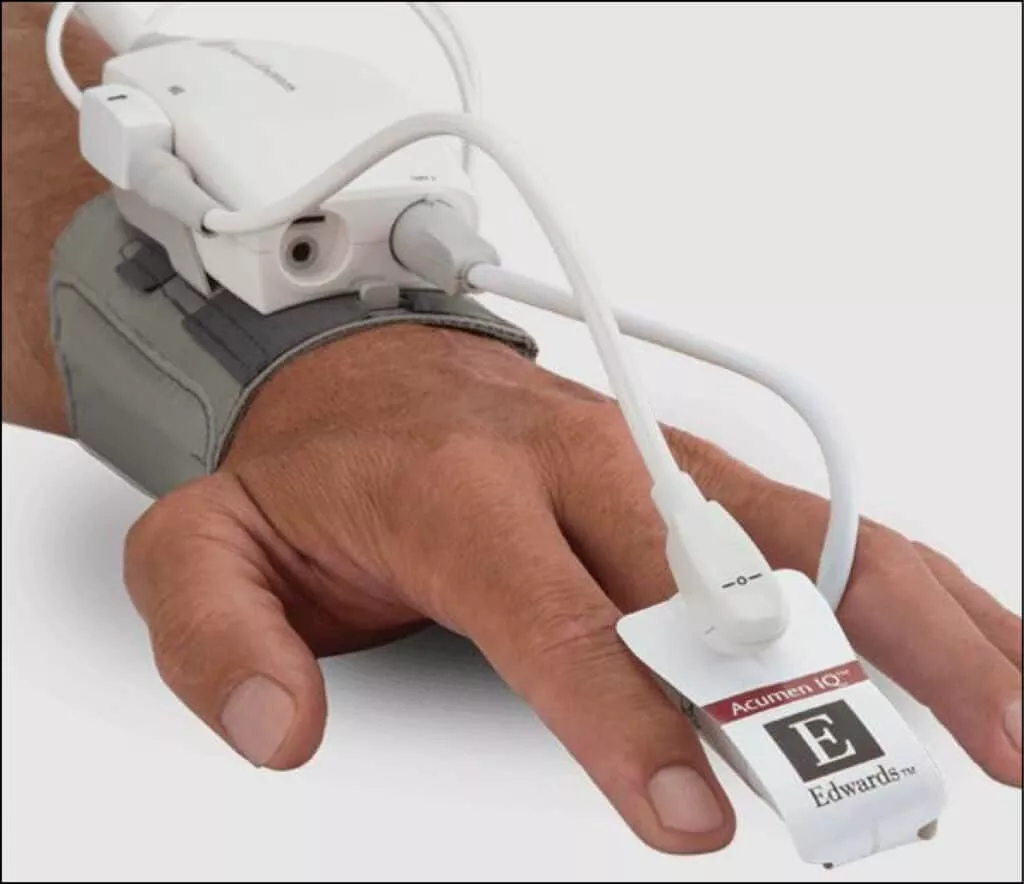Introduction to Aluminum Biocompatibility
Aluminum, a versatile and widely used metal, has found its place in various industries, including medical device development. Biocompatibility, the ability of a material to coexist with living tissues without causing harm, is a crucial aspect to consider in the design and production of medical devices. In this article, we will delve into the realm of aluminum biocompatibility, exploring its significance in ensuring the safety of medical and industrial applications.
Understanding the Importance of Biocompatibility in Medical Device Development
Biocompatibility is an essential consideration in the development of medical devices. These devices, ranging from implants to surgical instruments, come into direct contact with the human body. Therefore, it is vital to ensure that they do not elicit adverse reactions or harm the surrounding tissues. Biocompatible materials, such as aluminum, are extensively used in medical device development due to their ability to integrate seamlessly with the body’s natural processes.
The Role of Aluminum in Medical and Industrial Applications
Aluminum’s unique properties make it a valuable material in both medical and industrial applications. In the healthcare sector, aluminum is commonly used in the production of orthopedic implants, prosthetics, and surgical instruments. Its lightweight nature, corrosion resistance, and compatibility with sterilization processes make it an ideal choice for these applications. Furthermore, aluminum is widely employed in industrial settings for its strength, conductivity, and durability, making it suitable for use in construction, aerospace, and electrical industries.
Factors Affecting Aluminum Biocompatibility
Several factors influence the biocompatibility of aluminum. One crucial aspect is the purity of the aluminum used. Impurities or alloying elements can affect its behavior and potential toxicity. The surface characteristics of aluminum, such as roughness and chemical composition, also play a significant role in determining its biocompatibility. Additionally, the immune response of the body and the specific application of the aluminum material can affect its compatibility with living tissues.
Research and Studies on Aluminum Biocompatibility
Extensive research and studies have been conducted to evaluate the biocompatibility of aluminum in medical and industrial applications. These studies aim to understand the interactions between aluminum and biological systems, assess the potential risks associated with its use, and identify any adverse effects. The results of these studies provide valuable insights into the safe and effective utilization of aluminum in various applications.
Regulatory Standards and Guidelines for Aluminum in Medical Devices
To ensure the safety and efficacy of medical devices, regulatory bodies have established standards and guidelines for the use of aluminum. These standards outline the acceptable levels of aluminum in medical devices and provide guidelines for testing and evaluation. Adhering to these regulations helps manufacturers maintain the highest standards of quality and safety in their products.
Assessing the Safety of Aluminum in Medical and Industrial Applications
Given the widespread use of aluminum in medical and industrial applications, it is essential to assess its safety thoroughly. This involves comprehensive testing, including biocompatibility studies, cytotoxicity assessments, and long-term implantation studies. By subjecting aluminum materials to rigorous testing, manufacturers can ensure that they meet the necessary safety requirements and provide reliable and safe products to the market.
Common Misconceptions and Controversies Surrounding Aluminum Biocompatibility
Despite its extensive use, aluminum biocompatibility has been the subject of misconceptions and controversies. One common misconception is the association between aluminum and Alzheimer’s disease. Extensive research has found no evidence supporting aluminum’s role in the development of this neurodegenerative disorder. However, it is essential to remain informed and rely on scientific evidence to dispel these misconceptions and address any controversies surrounding aluminum biocompatibility.
Future Prospects and Advancements in Aluminum Biocompatibility
The field of aluminum biocompatibility continues to evolve, with ongoing research and advancements in materials science. Researchers are exploring innovative ways to enhance the biocompatibility of aluminum and develop new alloys that exhibit improved properties. These advancements pave the way for safer and more efficient medical and industrial applications of aluminum, ensuring the well-being of patients and workers alike.
Conclusion: The Significance of Aluminum Biocompatibility in Ensuring the Safety of Medical and Industrial Applications
In conclusion, aluminum biocompatibility plays a crucial role in the development of safe and effective medical and industrial applications. By understanding the factors affecting biocompatibility, conducting extensive research, adhering to regulatory standards, and dispelling misconceptions, manufacturers can harness the full potential of aluminum while prioritizing the safety and well-being of individuals. As the field of aluminum biocompatibility continues to progress, it is essential for industry professionals to stay informed and embrace advancements that further enhance the safety and efficacy of medical and industrial applications.
Schedule a call with Nectar to learn more about our medical device development process.



























